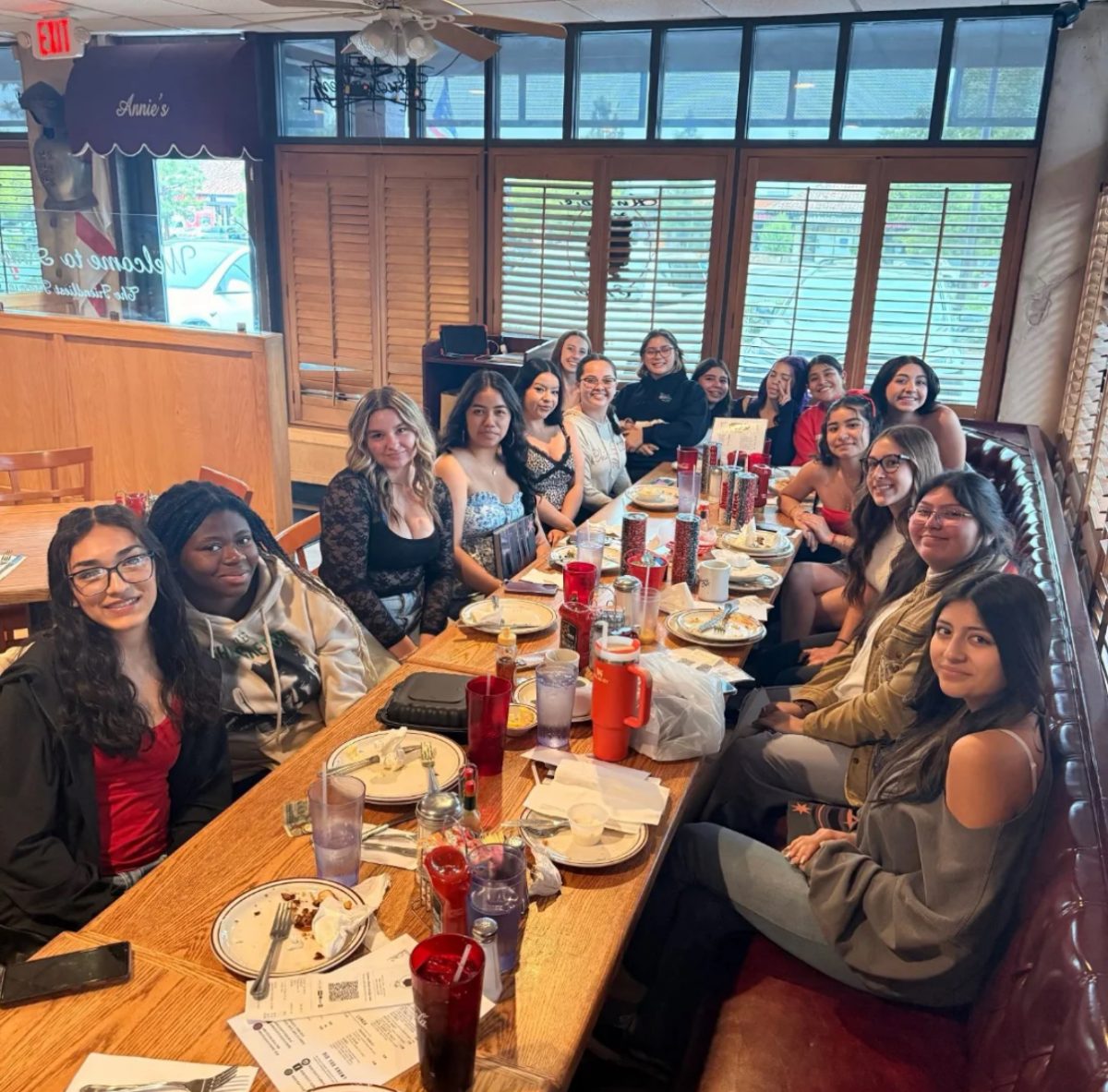Psychology is the key to unlock the secrets of the brain. There is a certain part of the True Crime Community where they want to know what goes on through the minds of killers, then there are the people who romanticize killers. Let’s talk about the difference in this journal.
The true crime community is a vast and diverse group of individuals, united by a shared fascination with the darker side of human nature. It’s a genre that, at its core, seeks to explore the intricacies of crime, justice, and the psychology behind heinous acts. However, over the years, I’ve noticed two distinctly different types of fans within this community: those who romanticize the killers and those who are genuinely interested in unlocking the psychological mysteries behind their actions.
The first group—the ones who romanticize killers—tends to focus on the aestheticized version of criminals. They are often drawn to notorious figures like Ted Bundy, Richard Ramirez, or Dylan and Eric. Not for their crimes, but for the charisma or physical appeal they exhibited. This romanticization is deeply concerning. Social media has amplified this phenomenon, where fan art, memes, and even fan fiction glorify these killers as if they were misunderstood anti-heroes rather than people who caused immense suffering. Some of these fans may empathize with the killer’s troubled past or mental health issues, which leads to an unhealthy level of adoration and obsession. What makes this group particularly unsettling is the way they blur the lines between fascination and idolization. They downplay the brutality of the crimes and instead focus on aspects of the killers that are more palatable—cherry-picking traits that make these individuals seem redeemable, even likable. It’s a dangerous line to walk, as it shifts focus away from the victims and glorifies individuals who should be remembered for their atrocities, not their supposed charm.
 Such as in this photo, someone set up photos of the killers they “love and adore” And romanticize them. Very gross and very wrong.
Such as in this photo, someone set up photos of the killers they “love and adore” And romanticize them. Very gross and very wrong.
On the other side of the spectrum are the fans who are deeply intrigued by the psychological makeup of killers. Like me, I am very into true crime, as I want to know what’s deep down in their brains of what and why they do such things. I do have certain movies I like from the TCC like, Zero Day & The Jeffery Dahmer series. Not because the killers are “Oh so hot” Or “Sexy.” It’s because I want to know why they do it. This group tends to be more analytical, diving into the complexities of the human mind to understand what drives someone to commit such horrific acts. They are not interested in glorifying the individual but rather in understanding the factors that led to their behavior—nature versus nurture, childhood trauma, mental illness, or even brain chemistry. These fans often consume content that includes interviews with psychologists, criminologists, or even the criminals themselves, not out of admiration but out of a desire to learn how to prevent similar tragedies. In many ways, this latter group treats true crime as an academic or investigative pursuit. They approach it with a sense of responsibility, understanding that these are real people, real victims, and real suffering. The goal isn’t to humanize the killer in a way that breeds sympathy but to unlock the secrets in their mind that may help in identifying patterns, preventing future crimes, or even improving the criminal justice system’s approach to dealing with such individuals. 
This divide in the true crime community reflects a broader societal tension. There’s a fascination with darkness, but there’s also a responsibility to ensure that the way we engage with this content doesn’t cause harm. While some fans may be lost in their obsession with killers as celebrities, others are dedicated to ensuring that their stories are told in a way that can lead to deeper understanding and, ultimately, justice for the victims. It’s a complex and often unsettling space, and I find myself more aligned with the latter group. I believe that the true crime genre has the potential to teach us valuable lessons about human nature, but only if we approach it with respect, care, and a focus on the truth—both about the perpetrators and their victims.
































